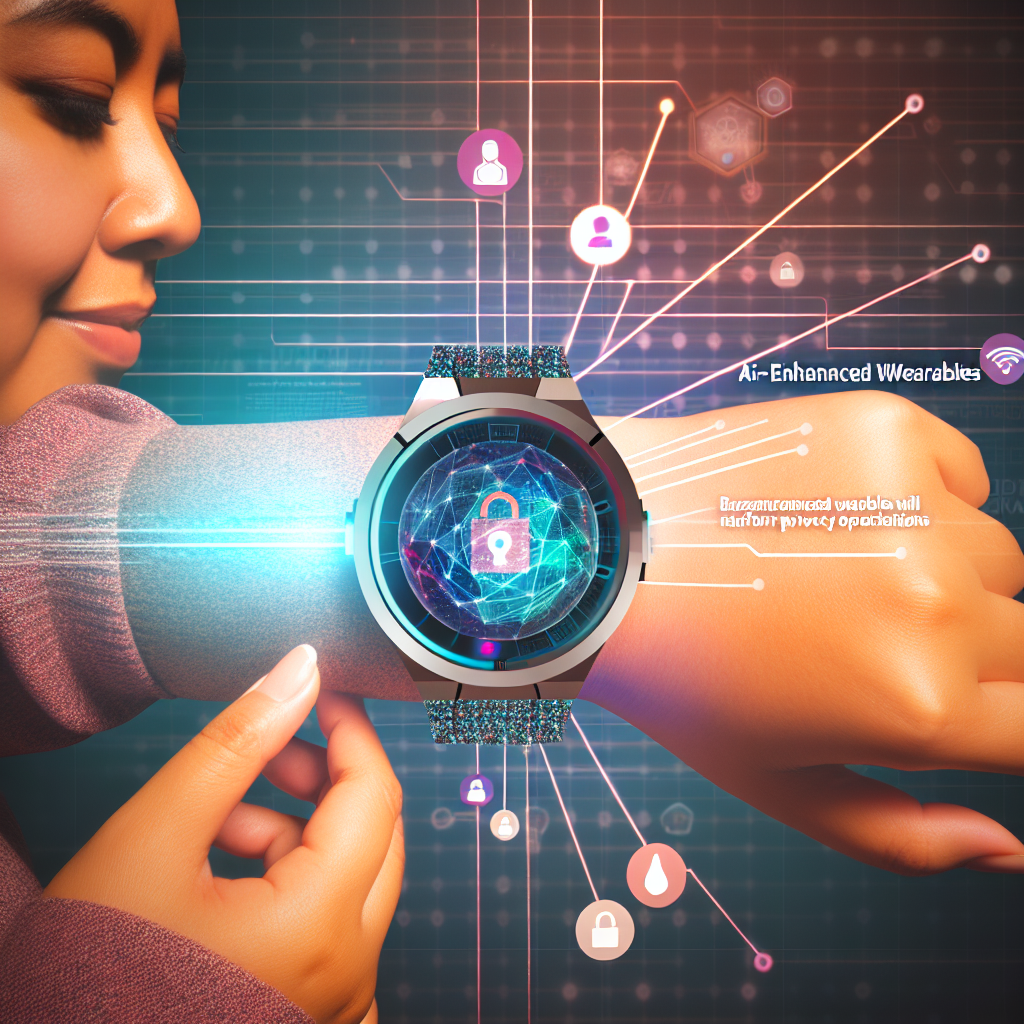
Opinion by: Evin McMullen, co-founder and CEO of Billions Network and co-founder of Privado ID
The evolution of population monitoring has come a long way. Initially based on human observation, it transitioned to data harvesting. By 2025, wearable technology will redefine public surveillance.
This shift doesn’t herald a dystopian future nor is it entirely comfortable; rather, it introduces a new framework for interaction with each other and our data. As we navigate this evolving landscape, it’s crucial to redefine our privacy expectations before technology shifts our roles from active participants to passive subjects.
Embracing cryptography is key to shaping this transition.
Surveillance through the ages
Technological advancements like satellite imagery and internet surveillance have sparked discomfort among the populace. Initial outrage over CCTV gave way to an understanding of its role in eliminating threats.
Today, we are on the brink of a new surveillance era led by wearables, decentralized networks, and AI technologies. This “infinite panopticon” era will be characterized by an ingrained acceptance of surveillance.
Consider Google Glass: though now outdated, it normalized technology as an extension of self.
By 2025, augmented reality (AR) devices will be standard, alongside smartphones, smartwatches, and smart home devices—all continuously gathering our data. This trend seems poised to amplify with advanced AI in emerging products.
Related: Everyone laughed at these 10 gadgets. Now, they’re in every home
Take Meta’s Ray-Ban Smart Glasses, enabling calls and texts, or Apple’s upcoming smart glasses set for 2026, featuring “multimodal AI” and environmental analysis capabilities.
The recurring promise from Big Tech remains: your future in exchange for deeper data insights.
However, wearables differ. Rather than monetizing search data, they delve into emotional tones and nuances—the intimate aspects of our identities.
Yet, as with CCTV and social media, many will likely accept this as the natural progression of services. While discussions will occur, the advantages will pave the way for broader acceptance.
Luckily, technology exists that can balance invasiveness while enhancing benefits.
Increasingly perfect technology
The surge in technological monitoring has triggered significant legal and ethical discussions regarding privacy rights in our digital age. Incidents such as Edward Snowden’s NSA revelations and the Cambridge Analytica scandal have highlighted the value of personal data. Nonetheless, many continue to embrace digital monitoring for its advantages.
This shift indicates a rising call for a new approach to privacy engagement. Users can assert their autonomy over data collection, owning their digital presence for the first time.
Central to this paradigm shift is cryptography—specifically, zero-knowledge (ZK) proofs. These allow for data validation without revealing its content, enabling safer and fairer data practices. User information like age and address can be confirmed without exposing those details to others.
This could fundamentally change public perceptions of privacy. While personal data confidentiality remains vital, cryptography and controlled access can maintain a barrier between individuals and external scrutiny.
It’s crucial to acknowledge that technological advancements require data collection. While intrusive monitoring may be unavoidable for those desiring technological enhancements, upcoming surveillance infrastructure will redefine societal norms.
Fortunately, cryptography provides a pathway to integrate intelligent surveillance into daily life beneficially. However, this necessitates a new perspective on privacy.
Opinion by: Evin McMullen, co-founder and CEO of Billions Network and co-founder of Privado ID.
This article is for general information purposes and is not intended to be and should not be taken as legal or investment advice. The views, thoughts, and opinions expressed here are the author’s alone and do not necessarily reflect or represent the views and opinions of Cointelegraph.

